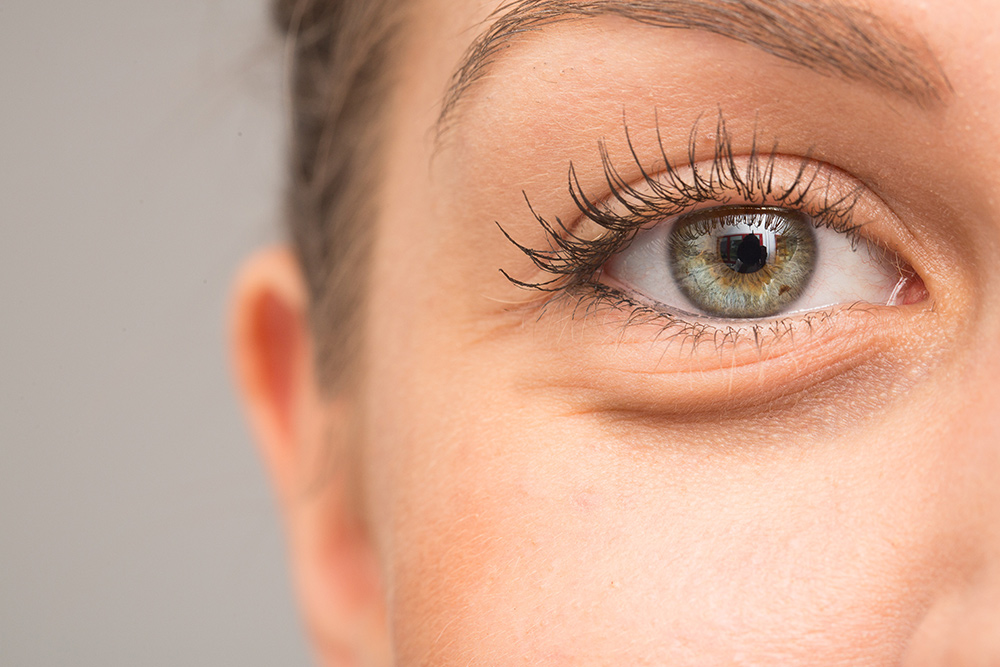Oman today_ Puffiness and swelling around the eyes are among the most common issues people notice, especially after waking up in the morning. In most cases, this swelling disappears after a few minutes or by simply washing the face. However, sometimes puffiness under or above the eyes persists due to the accumulation of fluids beneath the skin, requiring home care, topical creams, or even medical treatments.
The causes of puffy and swollen eyes vary greatly and cannot be attributed to a single factor. Lack of sleep, stress, prolonged crying, hormonal changes, excessive consumption of salt and sugar, dehydration, allergies, low-quality cosmetics, smoking, aging, and even genetics are among the most common triggers. As we age, the skin loses its elasticity and collagen production decreases, leading to sagging and puffiness around the eyes. Additionally, excessive use of mobile phones or computers, certain medications, and underlying health conditions can contribute to this problem.
Upper eyelid puffiness is often caused by factors such as allergies, sleeplessness, smoking, or prolonged crying, and in some individuals, it may be hereditary. There are generally three main approaches to treating this condition: home remedies, topical creams, and medical treatments. Home remedies are typically effective for milder cases and include applying a cold compress, getting enough sleep, reducing salt intake, and using chilled tea bags. Placing a cold compress or a cooled metal spoon on the eyelids for about ten minutes can help reduce inflammation and drain excess fluid under the skin. Getting adequate rest also improves blood circulation and helps diminish swelling. Reducing salt consumption prevents fluid retention in the body, which in turn minimizes puffiness. Chilled green or black tea bags, rich in antioxidants and caffeine, can also constrict blood vessels and reduce inflammation.
In addition to these methods, using eye creams that contain caffeine, retinol, or hyaluronic acid can effectively reduce puffiness and dark circles. For more severe cases, non-invasive medical treatments such as injections, laser therapy, or in-office procedures may provide better results. Ultimately, maintaining a healthy lifestyle, ensuring sufficient sleep, staying hydrated, and avoiding excessive consumption of salt, sugar, and tobacco can significantly prevent puffiness and swelling around the eyes. If the swelling persists or is accompanied by pain, it’s best to consult a medical specialist to determine the underlying cause.

